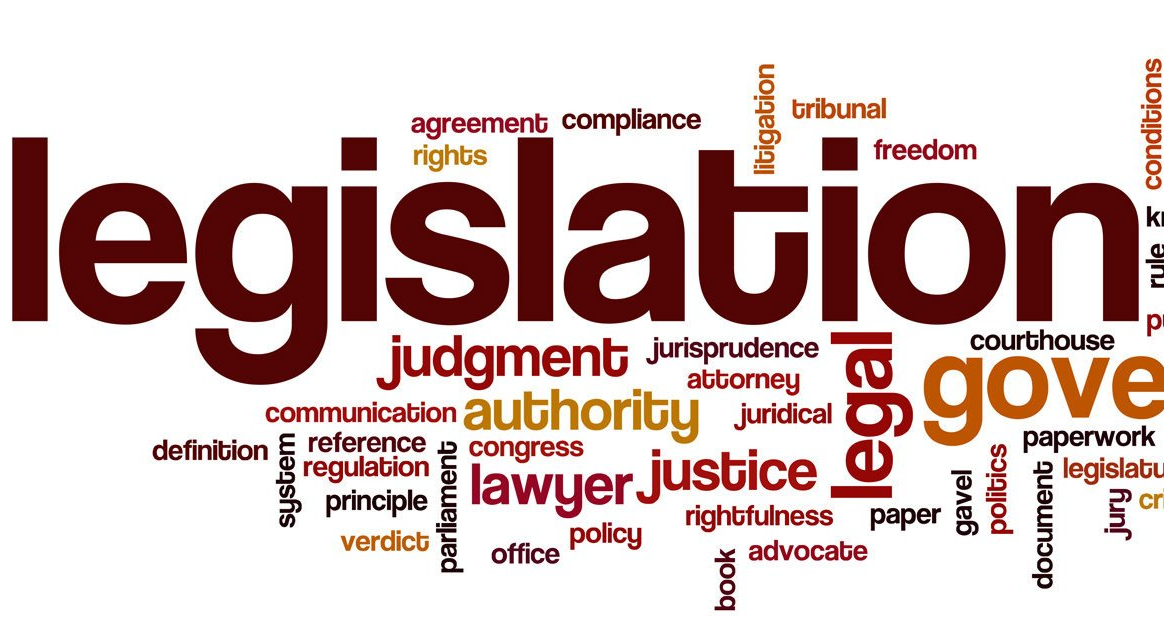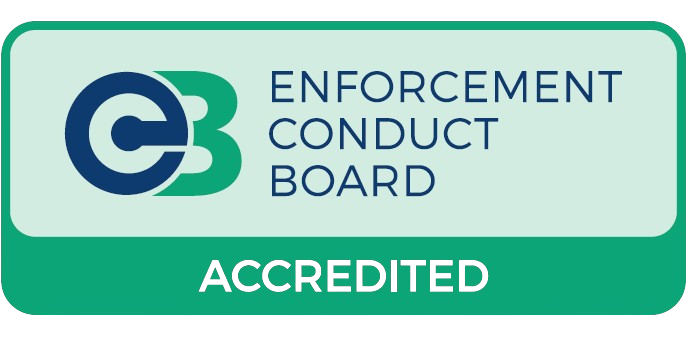Evicting Travellers in Birmingham
Here, we explain how UK Bailiffs can remove travellers and trespassers from private land.
The Law Relating To Evictions
All landowners in England and Wales, whether the land is privately owned or owned by a local authority have a right to remove trespassers from their land through either Common Law or via the Courts.
In 1907 Stanley Bond, the owner and publisher of Butterworths Law Journal asked the former Lord Chancellor, Hardinge Giffard , The First Earl of Halsbury to help produce an authoritative guide to the Laws of England and Wales.
This became known as Halsbury's' Laws of England
Halsburys Laws of England (Paragraph 1400, Volume 45, 4th Edition) states that:
“If a trespasser peaceably enters or is on land, the person who is in or entitled to possession may request him to leave, and if he refuses to leave, remove him from the land using no more force than is reasonably necessary. '
The rules largely remain the same today.
Bailiffs (now called Enforcement Agents) have traditionally carried out this role and can lawfully attend land without notice to request the trespassers and travellers vacate. If they refuse, they can evict them immediately without leave from the Court and using reasonable force.
There are exceptions, for example; if the Agent can not gain peaceful access to the site, in other words, if he has to cut a lock or force open a door to access the travellers, then he can not enter the site.
In practice, the Agents will attend the site and serve notice on the travellers that the landowner requires them to leave.
The Agents will carry out a full risk assessment and assess any issues that the landowner may not be aware of and then give the travellers reasonable notice to leave.
If they fail to leave within this time frame then the Enforcement Agents may physically remove any vehicles and escort any trespassers off the land using no more force than necessary.
Reasonable Notice / Reasonable Force
Possibly the most vague word in the English language is reasonable. It is not legally defined and open to varying interpretations depending on which side of the argument you are on.
A landowner experiencing travellers for the first time understandably would say reasonable notice is immediate and would expect the Enforcement agency to act accordingly.
A travelling family could argue that reasonable notice means until they have found somewhere more suitable to move to.
The standard of ‘reasonableness’ is one that is usually determined by reference to a well-informed third party with the same expertise acting under the same circumstances.
Therefore an experienced Enforcement Agent will assess the situation, determined by the needs of the landowner, the health and safety of all people concerned and the welfare of the illegal occupiers.
Would it be reasonable to forcibly remove travellers at 11pm when children are asleep? Would it be reasonable to forcibly remove travellers if they are showing signs of preparing to move and need an hour to wait for somebody to come back?
This is the same with reasonable force. There is no legal definition, just a judgement that could ultimately be decided in Court,
At a minimum, most Enforcement Agents will allow 2 hours for the travellers to leave the land. If they are not causing disruption or damage to property it could be reasonable to allow 24 hours
The Up Side to using Common Law Eviction.
The Enforcement Agent can be on site immediately after the landowner has instructed the Company carrying out the evictions. There is no need for a Court Order, there is no need to give lengthy notice and it quickly shows your intentions.
Because the process tends to be quick, the costs are usually lower than going through the Court process.
The Inevitable Down Side
There is no legal recourse available if the travellers come back the following day. However this rarely, if ever happens as the travellers know that the landlord takes immediate action.
Other Considerations
If the eviction is from a local authority owned site, then the Human Rights Act must be considered. Article 8 of the ECHR protects an individual’s right to home and family life.
There might also be children at the site, in which case there may need to be liaison with social services to ensure they are taken care of and have access to appropriate services.
Contact A Recovery Specialist
Call 0330 133 1818
Email : Help@ukbailiffs.org









